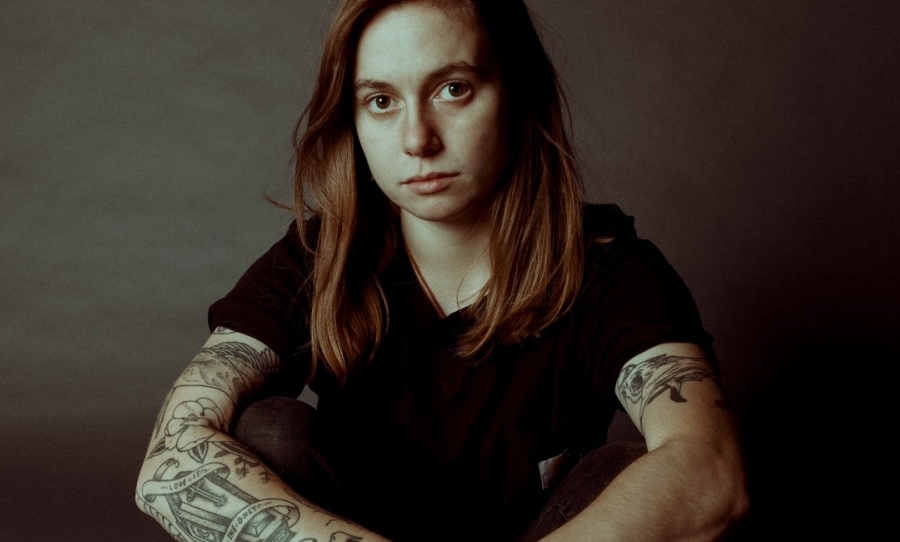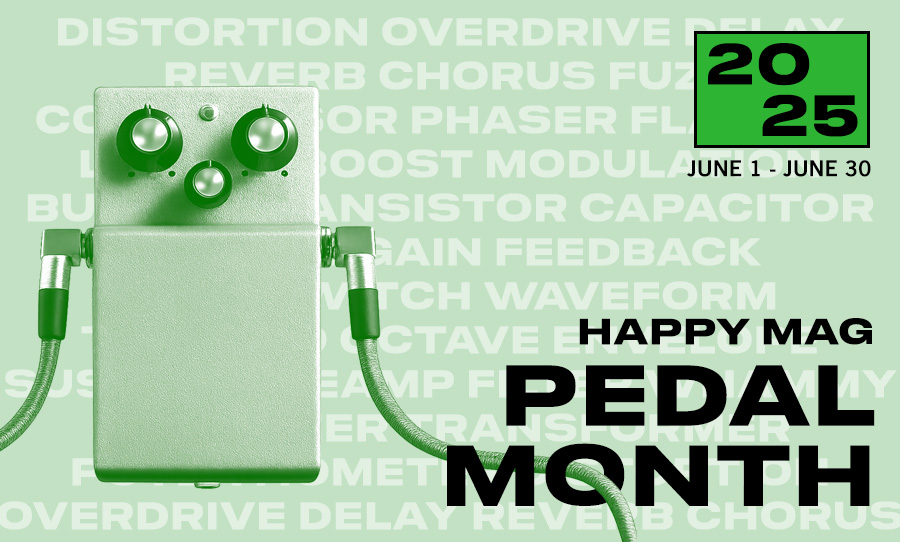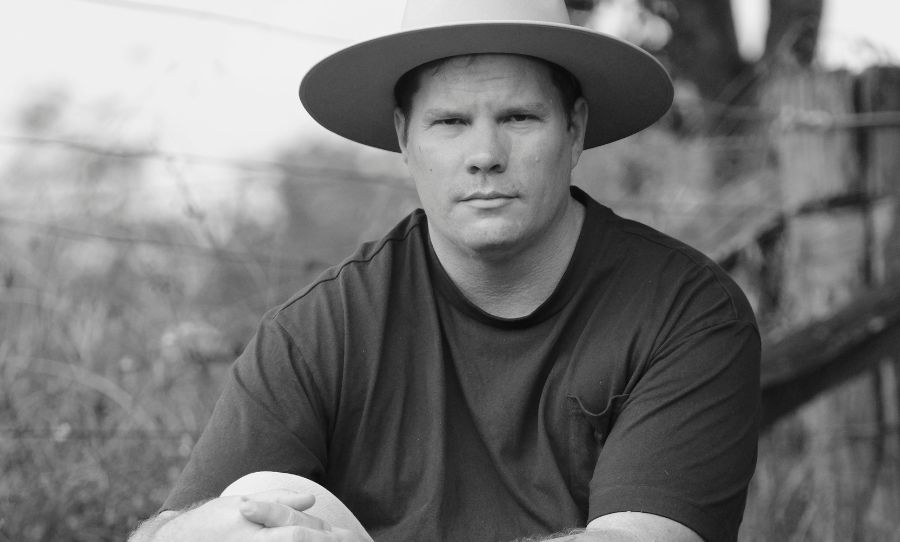Despite the shifting soundscape of Little Oblivions, Julien Baker weaves through a barrage of bruising self-criticism to offer a brilliant record that lays bare her vulnerabilities.
Known for her searing, introspective artistry, Julien Baker has established herself as a heavyweight in the indie-rock scene. Besides her incredible solo work, she is most notably known as a third of the indie-rock girl band, boygenius, formed with friends – and fellow indie-rock icons – Phoebe Bridgers and Lucy Dacus.
On her third studio album, Julien Baker viscerally elevates the signature, melancholic sting of her songwriting with a heavier, post-rock sound. Little Oblivions comes as a change to the singer-songwriter’s characteristically stripped-back sonic aesthetic, with soaring instrumentals that allow her piercing lyricism to brim with life.

Looking back at her first two solo records, Sprained Ankle and Turn Out The Lights, emotional truth has always informed the core of Julien Baker’s songwriting. In the same vein, Little Oblivions takes inspiration from themes that echo Baker’s own tumultuous relationships with spirituality, substance abuse, and violence – but particularly, from the collision of these struggles in late 2018-19.
Navigating a break in sobriety, Baker grappled with the shame of her personal failure within a relapse and found herself increasingly disillusioned with religion and ideas of perfection, even going so far as to say that she “radically reevaluated [her] relationship to [her] [Christian] faith.” At this pivotal point in time, Baker had experienced immense success with her simple, melodic tracks, and she could have very easily continued down that road. But, as much as her lyricism may try to deny it, Julien Baker is brave. And on this album, it paid off.
View this post on Instagram
Little Oblivions begins with Hardline, opening with the devastating question: “Blacked out on a weekday / Is there something that I’m trying to avoid?” As she tumbles down a road of self-destruction, the intensity of Baker’s freefall is mirrored by the cathartic crescendos of synth and percussion that follow her down that path – an almost-abrasive sound, compared to what listeners of Sprained Ankle and Turn Out The Lights may have expected from the musician. But Baker carries the weight of the sound with her fierce, passionate delivery.
On Heatwave, Baker’s relentless self-criticism continues its pursuit, teetering over the synth and banjo melody as she discusses thoughts of suicidal ideation – never disguising her demons as anything other than what they are. Faith Healer deepens Baker’s dive into the psyche of addiction, “Oh what I wouldn’t give if it would take away the sting a minute / Everything I love, I’d trade it in to feel it rush into my chest.”
Her portrait of recovery offers addiction up as a constant thirst for relief – be it healing or distraction. The static synth refrains protrude Faith Healer, just as Baker’s idea of healing feels uncomfortable in the “faith healer/oil snake dealer’s” hands. It’s an image that speaks pretty effectively to both her desperation and her cynicism of her faith’s capability to help her out of her head.
Baker’s vocal ability shines through on Crying Wolf and Song in E, where her simple, ballad-like melodies help build slow ascensions to moments of emotional catharsis, rendering her trauma to its most essential parts of anguish, confusion, and pain. She presents “little oblivions” in Bloodshot as less of a real place and more an aching, lost state of mind – reminiscent both sonically and thematically of Bon Iver’s titular Emma.
Tapping boygenius bandmates on Favor, Phoebe Bridgers and Lucy Dacus support Baker with lilting harmonies, as the singer returns to her unfaltering, existentialist questioning, begging “And what right had you / Not to let me die?” The riff-driven Ringside feels anthemic in comparison, but Baker’s lacerating vocals “Beat myself until I’m bloody / And I’ll give you a ringside seat / Say that it’s embarrassing / I’m sorry that you had to see me like that,” blend physical and emotional violence, revealing the depths of her search for temporary relief – knowing that despite the damage done to herself in the process of self-destruction, temporary relief is a better solution than having no relief at all.
Holistically, the album sounds like a blur of synths, bass, and guitar, but when you consider the content of the album and how the soundscape balances out the lyricism, it only adds cohesiveness to the record. I also wouldn’t call this a narrative-driven album either, because Julien Baker doesn’t give you the solutions to her problems, or any kind of conclusion at all. If anything, Little Oblivions is a collation of questions – around spirituality, sexuality, and shame. It’s a self-confessional record that presents the musician as a complete artist – vulnerabilities and all.
fuck it can we just give julien baker her doctorate for that album because holy shit
— silvy💘 ringside af (@aliloblivious) February 26, 2021
phoebe was right when she said “no amount of therapy can prepare you for it [little oblivions by julien baker]”
— sav (@400fuxx) February 26, 2021



